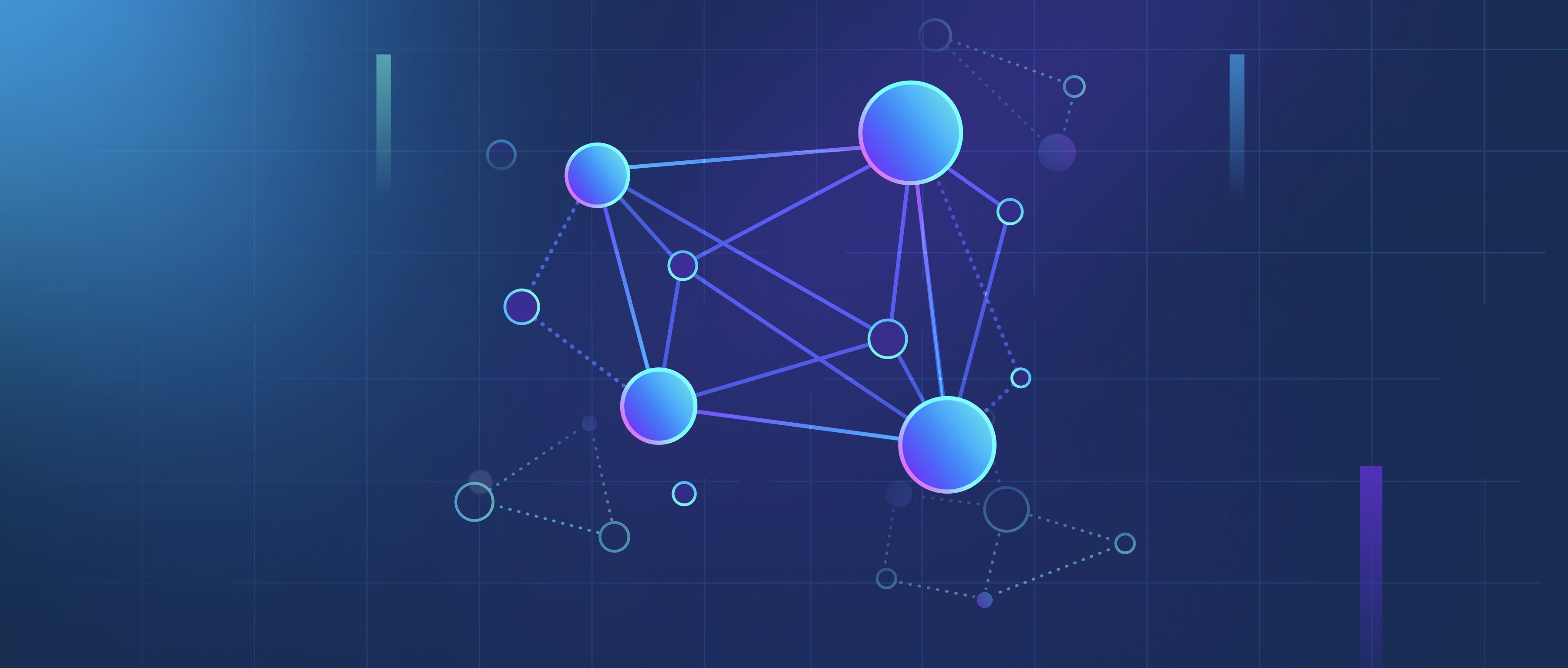Yes, AI reasoning models can predict human behavior to some extent, but their accuracy and effectiveness depend on various factors. These models analyze historical data and patterns to make predictions about how people are likely to act in certain situations. For example, e-commerce platforms often use AI algorithms to suggest products based on a customer's past purchases and browsing history. Similarly, social media platforms might utilize AI to recommend content by analyzing user interactions and behavior trends.
The effectiveness of AI in predicting human behavior largely hinges on the quality and quantity of the data available. If a model is trained on diverse, comprehensive datasets that reflect a wide range of human behaviors, it can provide reasonably accurate predictions. However, if the data is biased or limited, the predictions may be flawed. Moreover, human behavior is influenced by many unpredictable factors, such as emotions, social dynamics, and cultural contexts, which can make it challenging for AI models to account for every variable. Ensuring the data used by these models is representative and extensive is essential for improving their predictive capabilities.
Another important aspect is the type of AI reasoning models used. Different models, such as decision trees, neural networks, or reinforcement learning algorithms, have varying strengths and weaknesses in handling behavior prediction tasks. For instance, a neural network might excel at recognizing patterns in large datasets, but it may struggle to interpret more abstract human motivations compared to simpler models. Therefore, selecting the appropriate model and continually refining it with new data are critical steps in enhancing its predictive power regarding human behavior.
